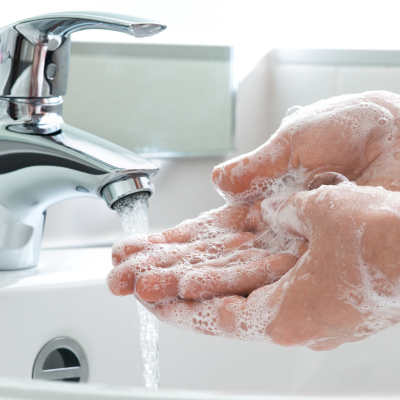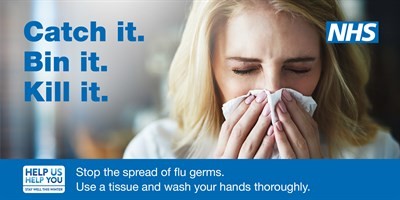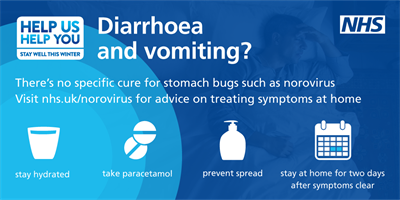Intro

We have an infection prevention team of nurses and practitioners led by a Matron, who leads the Trust's efforts to prevent and control infections.
Contact us
Main Contact Number: 024 7686 5566
Lead Nurse
Infection Prevention Lead Matron Emma Halfacree
Email: Emma.
Infection Prevention Nurses:
Emma Halfacree
Contact Number: 07789 087230
Email: emma.
Clean hands
Hand hygiene is the single most important measure for preventing the transmission of infection. The Trust has a zero tolerance policy when it comes to adhering to its strict hand hygiene policy. Our staff are required to clean their before and after direct patient contact, before an asceptic task, after exposure to blood or body fluids and after contact with patients immediate surroundings. They are also required to clean their hands upon entering and leaving the hospital and ward areas. We welcome patients and visitors to challenge our staff if they are not happy the policy has been adhered to.
How you can help
Hand hygiene
Please help us by ensuring you clean your hands using the alcohol gel dispensers when entering and leaving the hospital and using hot water and soap when entering ward areas.
Not feeling well?
Please don't come to the hospital if you are suffering from symptoms of diarrhoea and vomiting. If you have an appointment and you are suffering from these symptoms, please contact the relevant ward or department.
MRSA Screening Compliance Statement
George Eliot Hospital NHS Trust has implemented MRSA screening for all elective and emergency admissions in line with the new Department of Health MRSA Screening Guidance. The screening policy has been amended to extend MRSA screening to include emergency admissions.
Further details are available in our MRSA policy, and are available on request. For further information contact our Infection Prevention team on 024 7686 5566
The flu vaccine is the best defence we have against the spread of flu so please have yours if you are entitled to a free vaccine.
Please help us to protect our patients and staff by not attending A&E or the hospital if you are unwell with flu-like symptoms. You should always contact your GP or call NHS 111 in the first instance, to be advised further. Visit your GP if symptoms do not improve after 7 days or if you have a long term condition.
The best thing to do if you have flu is to stay in the warm, drink plenty of fluids and rest. Paracetamol or ibuprofen can help to lower your temperature and treat aches and pains.
People suffering with flu-like symptoms should catch coughs or sneezes in tissues and bin them immediately, wash their hands regularly with soap and warm water and frequently clean regularly used surfaces to stop the spread of flu. Avoid having unnecessary contact with other people if you or they have symptoms of flu.
For further information visit https://

